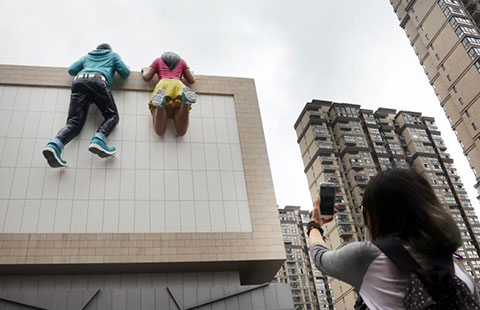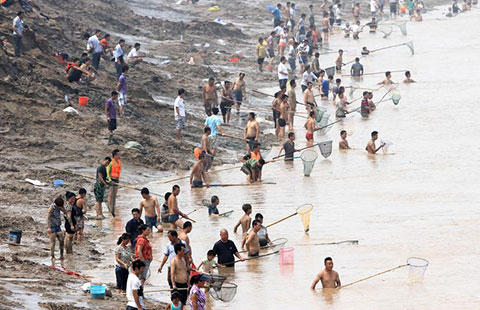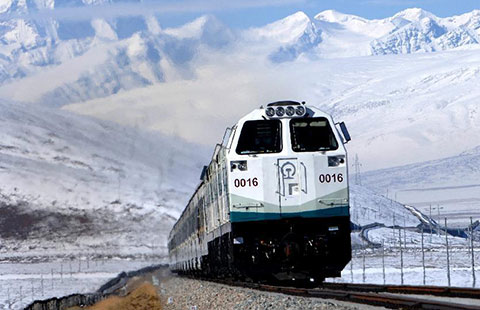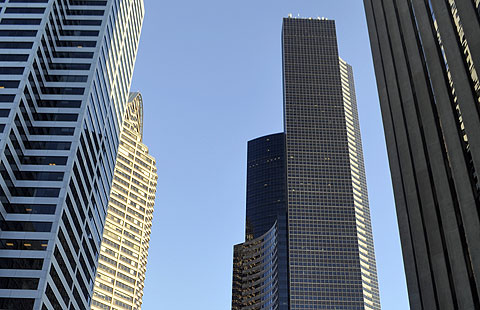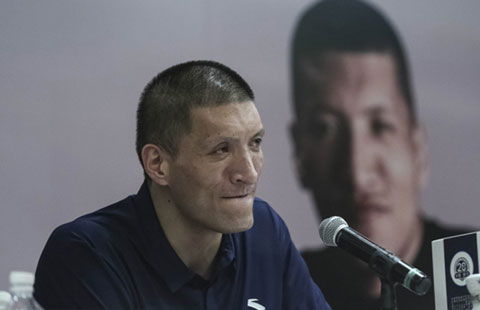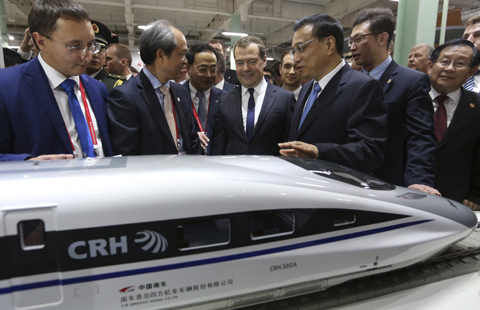Writing in war
( China Daily ) Updated: 2015-04-08 07:02:00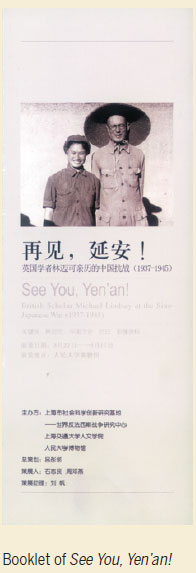
From Michael Lindsay, The Unknown War: North China 1937-45:
"By the 1940's, the only weapons in reasonably good supply were hand grenades and land mines. ... Considering this shortage the communist performance was remarkable.
Neither the terrain nor the climate favored guerrilla fighting (in North China). ... In compensation the Chinese communist forces had the genuine and active support of the local population.
By contrast, Japanese intelligence about the Chinese forces was very poor. During their 1943 offensive, we captured a Japanese map dated the beginning of September, just before the offensive started. This had most things wrong."
From Michael Lindsay's report to the Office of Strategic Services, May 1943:
"The Japanese policy has been to occupy as many places as possible in the guerrilla base area and then to make strong local encirclements against the scattered Chinese forces. They have also been carrying out a policy of trying to make the guerrilla areas uninhabitable by burning houses, carrying off or destroying crops, and in some cases driving off the inhabitants and sending large numbers to work in Manchuria.
The outcome of these conditions is that anti-Japanese feeling is strongest in the areas which have been longest under Japanese control. ... What has enabled Chinese forces to continue their resistance in spite of difficult material conditions is the excellent political organization, which assures them of mass support.
By this guerrilla front, the Japanese exploitation of North China is also severely hindered. It is still true that the Japanese can only exploit the areas within a few miles of their garrison posts. This had prevented them from getting any really large supplies of cotton, of which North China was a large producer before 1937."
From Michael Lindsay's published report in The Times, Jan 1945:
"Two-thirds of the communist rifles, machine guns and other equipment, and almost all of their ammunition, are captured from the Japanese and from the puppets."
|
|
|
|
|
|
|
|
European Weekly
 We will not give up search, Li vows
We will not give up search, Li vows
International hunt for missing airliner continues after fruitless six-day search


